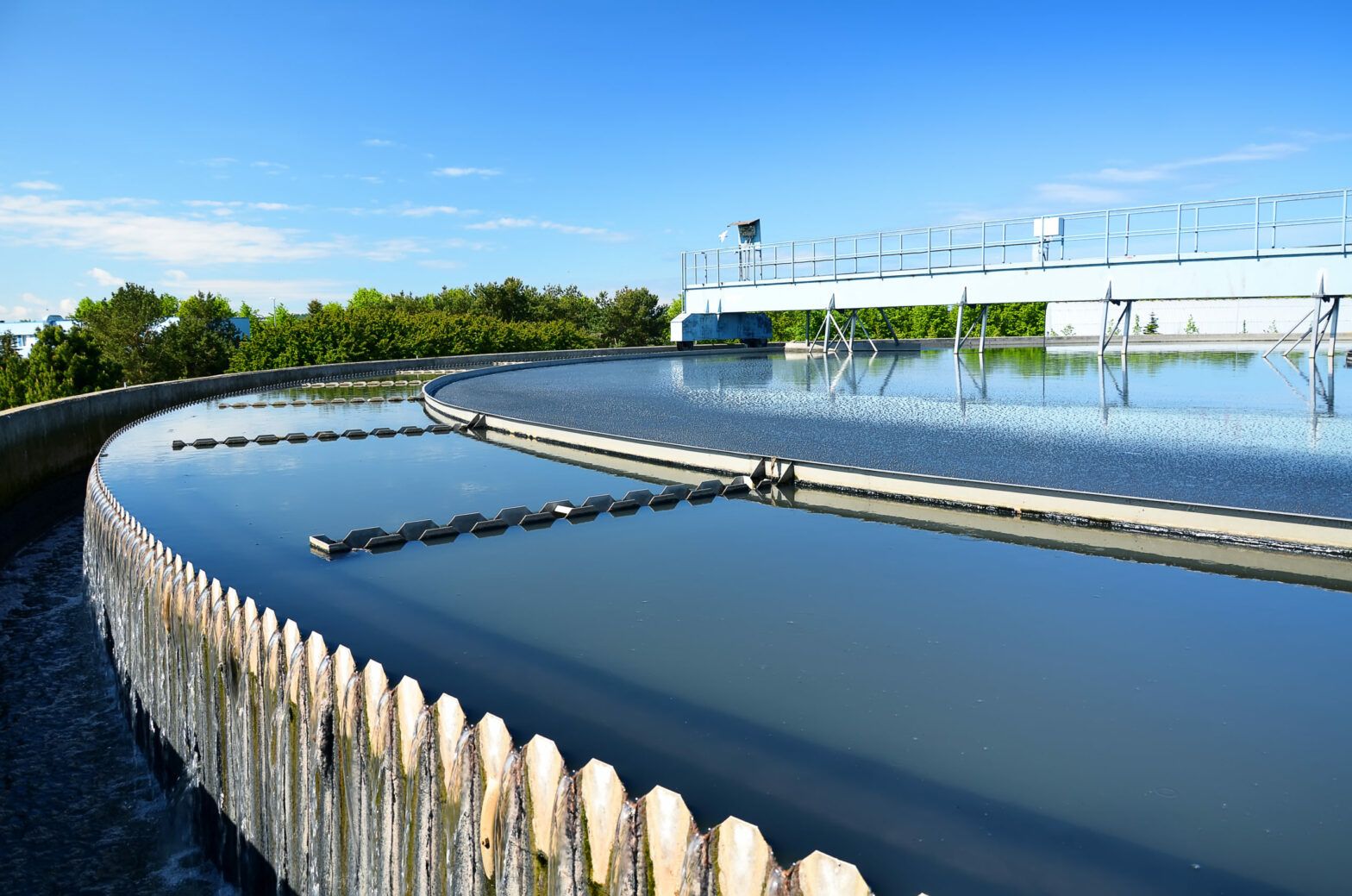Opportunities to invest in water systems and infrastructure can bring positive outcomes the world over, ESG Clarity‘s sister publication Expert Investor reports.
Speaking on a recent BNP Paribas podcast, Justin Winter, portfolio manager at Impax Investment, said emerging countries such as India and China continued to see a migration from rural areas to cities meaning increased investment in water supply and waste-water systems, while developed countries such as the US have ongoing problems with poor quality water and contamination.
In the US, Winter said Democrat control of both Houses is likely to mean significantly more active investment in water infrastructure projects.
Martin Conroy, portfolio manager on the KBI Global Investors Water Strategy, agreed there are positives to be drawn from the Biden administration. In a developed market like the US, it is more about rehabilitation of existing infrastructure than building from scratch but there are big opportunities there, he said.
“There are good investment opportunities in both developed and emerging markets,” Conroy continued. “In the emerging markets China, India and Brazil stand out as areas of interest.”
China and India
Conroy said the market in China is the same size as that of the US and Europe combined in terms of total spend on water infrastructure.
The incentive in China is to improve both access to and quality of water supplied to its population.
He namechecked US water technology company Xylem as one of several multi-nationals well-placed to benefit from infrastructure spending in Asia.
“Xylem has pointed to the huge growth opportunities in India and China – with 20% growth in both these markets. This is important as Xylem is seen as a bellwether in the industry.”
The story in India is not too dissimilar that of China: increasing urban populations with associated water supply and quality issues.
The re-election of prime minister Modi in 2019 was a big positive for those companies in the water sector, according to Conroy.
“Modi has put plans in place to build infrastructure so that every home in rural India will have access to safe piped water by 2024. This is ambitious and will require tens of billions of US dollars to achieve. In Brazil, the country is introducing its universal sanitation bill – this too will have an impact on levels of water infrastructure work.”
Regulation
Winter believes regulation will have an impact in levels of water infrastructure work undertaken globally and particularly in the US.
“Over the past four yours in the US, the administration has not been keen on enforcing existing legislation let alone tightening what is there.”
He pointed in particular to chemicals known as PFASs (or ‘forever chemicals’) that are now widely present in US drinking water and can potentially cause serious health problems.
So far there has been no over-arching policy to address this problem, but Winter is hopeful that under a Biden administration this might change.
“Companies that can provide solutions to [the PFAS] problem – those who produce testing equipment; companies that run laboratories that run these tests and companies that specialise in removing contaminants – all these companies are attractive to us and offer good profits for investors.”
Closer to home in Europe, Conroy believes Ofwat in the UK has set stringent targets for water companies in terms of water quality, waste-water standards and effective leak detection – a similar picture exists in mainland Europe too.
In 2021 spending in the water industry is more a necessity than a choice – which is good news for manufacturers, consultants and service providers aligned to the sector.








